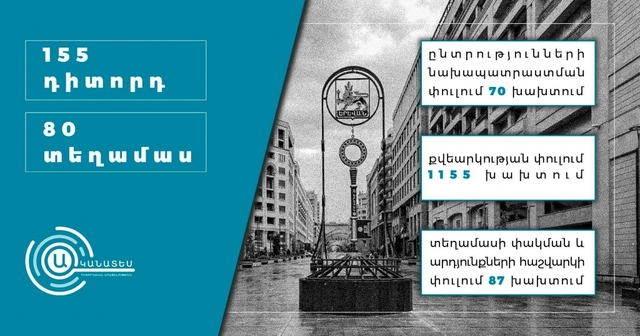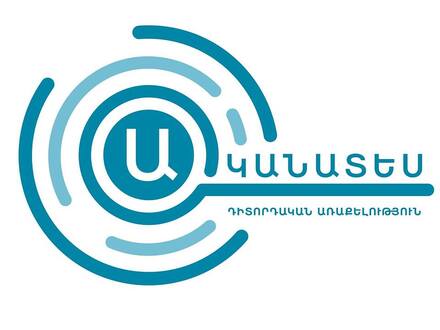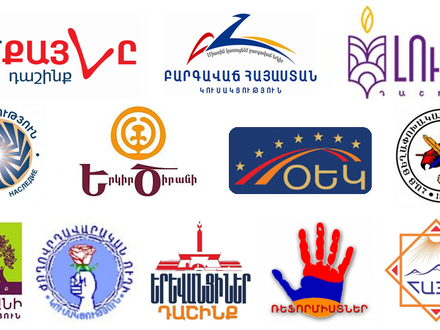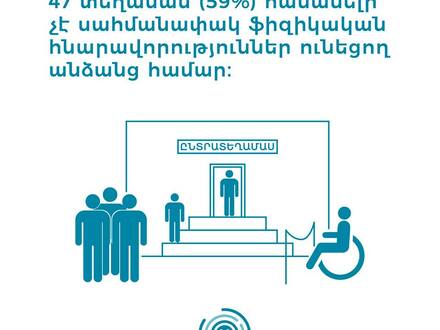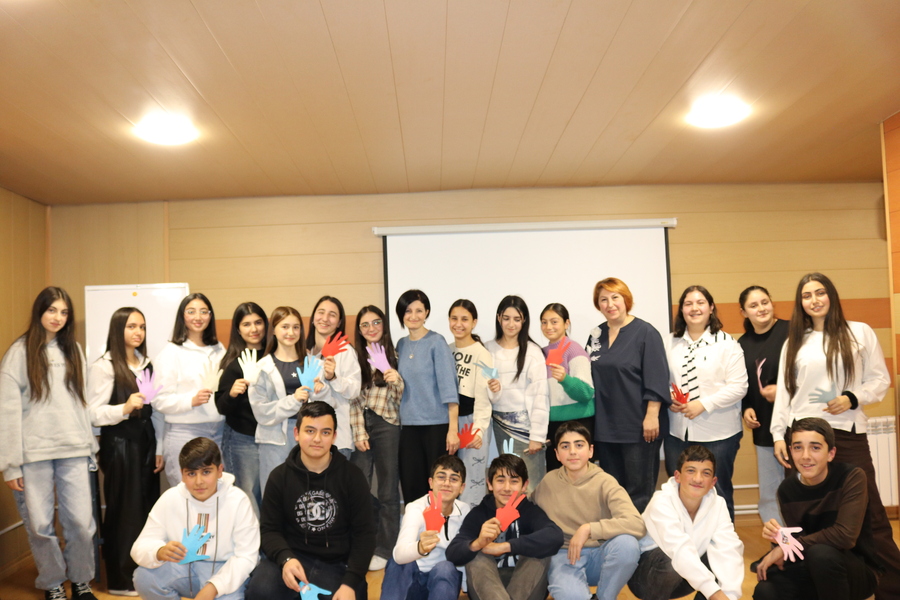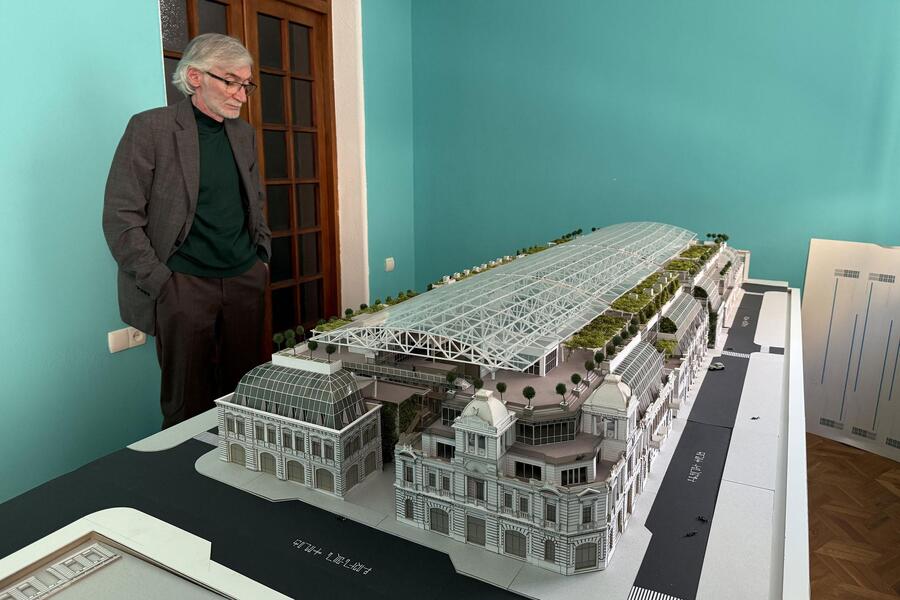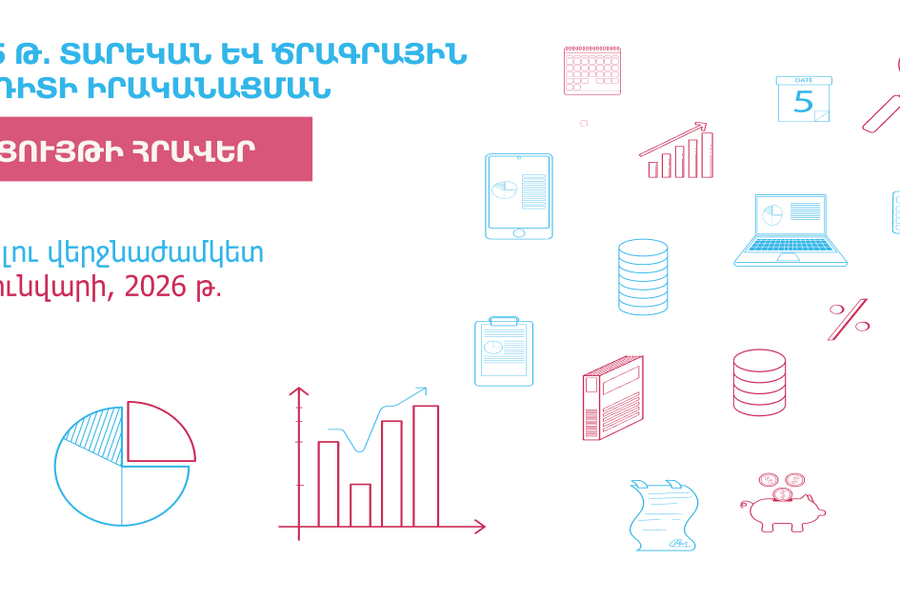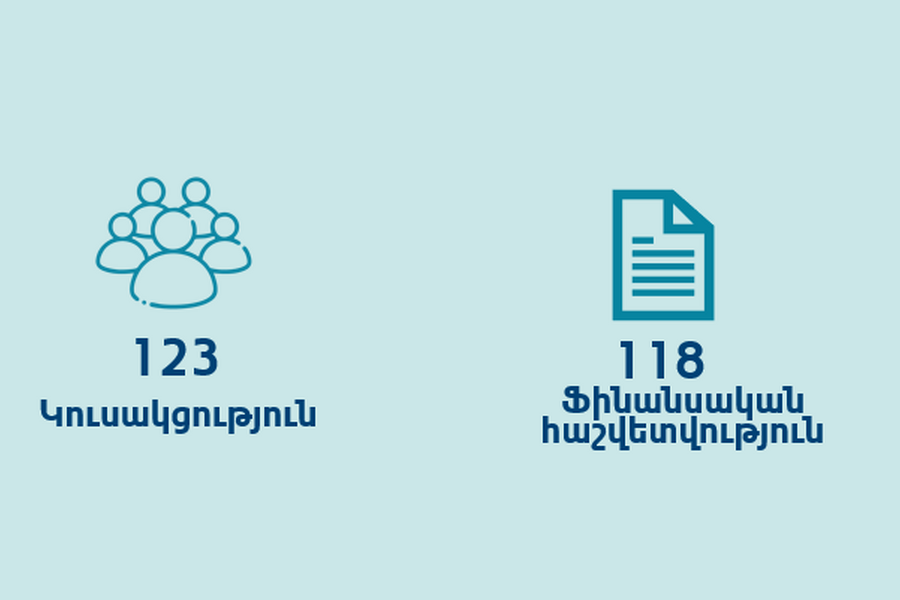Preliminary assessment of “Akanates” observation mission on Yerevan city council elections
Yerevan city council elections held on September 23, 2018 are the first in the post-Soviet Armenia to result in the formation of a 65-member Council of Elders under the majoritarian electoral system and the election of Yerevan mayor. RA Law "On local self-government in the city of Yerevan" states that if one of the parties, participating in the elections, receives more than 50% of the seats in the Council, then by law the top candidate of that party is considered to be the elected mayor.[1]
During these elections 155 observers of “Akanates” (Eyewitness) election observation mission monitored the electoral process in 80 precincts in all administrative districts of Yerevan by random and representative samples. The initiative applied sample-based observation (SBO), a methodology first used in Armenia, which provides statistically grounded data on the processes of preparation of elections, voting and summarizing the voting results. The SBO data is collected by the local observers who receive trainings and directly observe opening of precincts, voting and counting processes in the precincts they monitor. Despite the fact that the observation mission is present only in the sample precincts, the method allows to describe the entire process on the day of elections throughout Yerevan city. Sample-based methodology is used by election observation organizations throughout the world in order to promote the integrity of elections.
The observers of “Akanates” reported and registered a number of procedural violations in the manner prescribed by the electoral code (reports on some of the violations are still being verified).
Thus, about 70 irregularities and violations were identified in the election preparation stage. The majority of the cases refer to inaccessibility and arrangement of the polling station. It should be noted that 59% of the electoral precincts in Yerevan city were not accessible for people with limited physical abilities, and there were problems with placements of voting booths so as to ensure the secrecy of the vote. In 4% of the precincts the presence of unauthorized people was reported, in 3% the procedure of drawing lots for allocating the commission members’ functions was violated, in 1 case the reference on zero voter turnout was printed later. Three % of the precincts observed were opened 5-15 minutes later for voting.
In the voting stage 1155 cases of irregularities and violations were registered. The names of 232 voters were missing from the voter lists in the observed precincts. In 41 precincts observed 705 problems were revealed regarding voter registration. In 17 of the precincts 46 cases were identified on the violation of the procedure of helping voters and 35 cases on the violation of the secrecy of the vote. In 19 precincts 26 cases were revealed when the voter lists were signed by others than the voters. In 18 of the precincts Voter Authentication Device (VAD) failed to operate. There were unauthorized people in the same number of precincts. In 10 (13%) precincts or outside them 10 cases of campaign or countercampaign were reported. In 8 precincts 18 cases of directing voters were registered. In other precincts cases or attempts of voting for other people, as well as cases of hindering people authorized to be present in the district were identified. Also, some cases of moving things out of or into the precincts were observed. A citizen was not allowed to vote as he found a signature in the voter list beside his name. In 2 precincts the police failed to respond to gatherings outside the polling stations and to violations of public order. Two (3%) precincts were closed after or before the due time, while 98% of the precincts were closed on time. Voters in 2 precincts were not allowed to vote at 8:00 p.m..
In the stage of closing the precincts and counting the results 87 violations were observed. In 95% of the precincts closing procedure was duly followed. In 93% of precincts there were technical violations in the counting procedure. In some cases, the procedure of access of the people authorized to be in the polling station was denied, a special opinion was refused to be registered. In 100% of the precincts the requirement to stick the protocols near the precinct entrance was duly met.
In general, in about 20 cases the precinct electoral commission refused or was reluctant to register the observer’s assessment on violations of the voting procedures in registration book.
“Akanates” initiative will file applications on electoral violations to the district electoral commissions and the administrative court and will also report to the law enforcement bodies.
However, one can state that in general, unlike the previous years’ national and local self-government elections, Yerevan City Council Elections in 2018 were more participatory and more competitive. The political forces were more interested to participate in the electoral processes. Unlike the elections held in 2017 with the participation of only 3 political forces; in 2009 and 2013 with the participation of 7 political forces respectively, this time 12 political forces (8 parties and 4 alliances) participated in Yerevan City Council Elections. Citizens also showed interest and were conscious of the importance of their own vote. Therefore, the voter turnout during this year’s elections, compared with that of last year was increased by 25000.
Despite the procedural violations identified by “Akanates” initiative, no mass and systemic violations occurred on September 23, 2018 Yerevan city council elections, which were typical of last year’s municipal and national elections, including ballot box stuffing; incorrect counts; falsification of the results; vote buying; services provided to voters; overcrowdings and disorders in the precincts and in the vicinity of the polling stations; pressures and violence; obvious directing, etc. Thus, favorable conditions are created for the citizens to be freer, braver, and feel at ease in expressing their own free will. The newly elected Council of elders, in its turn is supposed to reflect the real preferences of the citizens.
In general, we think that the electoral process was held without significant or widespread violations that could affect the overall election results.
“Akanates” observation mission was founded by Transparency International Anticorruption Center NGO, Journalists’ Club “Asparez” NGO and “Restart” Civic Initiative. The partner of “Akanates” observation mission during Yerevan Council Elections is Law Development and Protection Foundation.
The short-term observation mission during September 23, 2018 Yerevan city council elections were carried out with the support of National Endowment for Democracy (NED).
[1] RA Law "On local self-government in the city of Yerevan," Article 44, p.2


